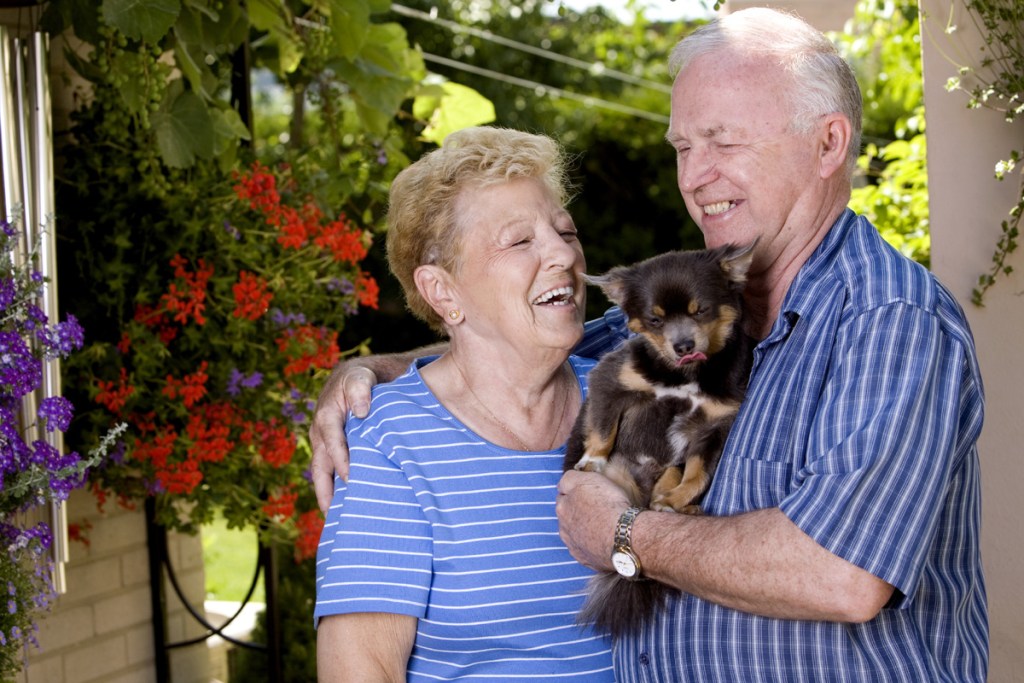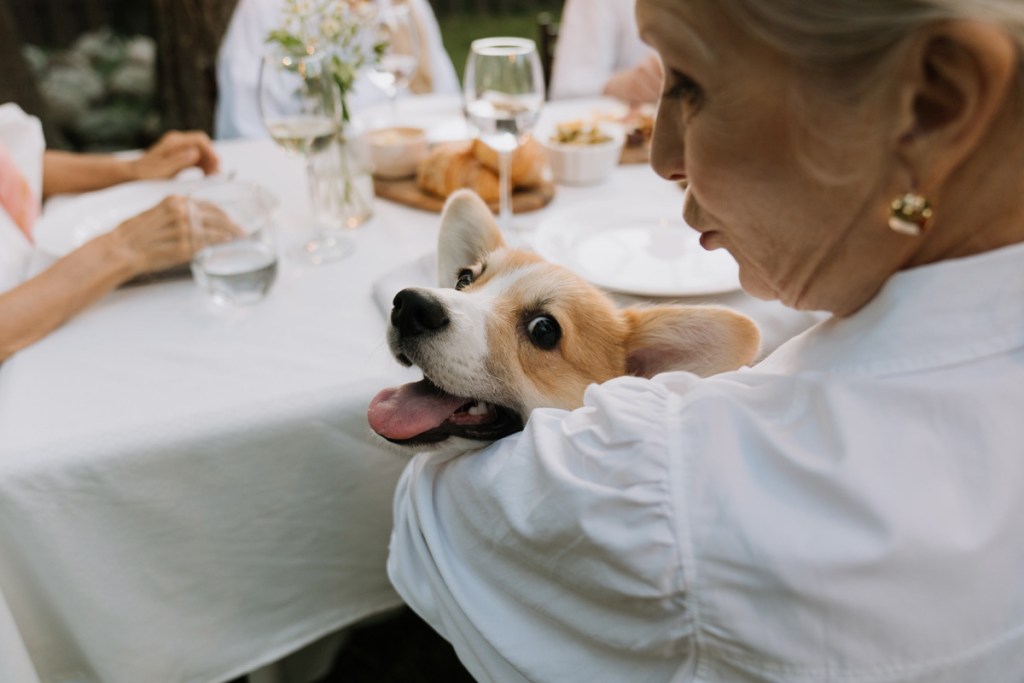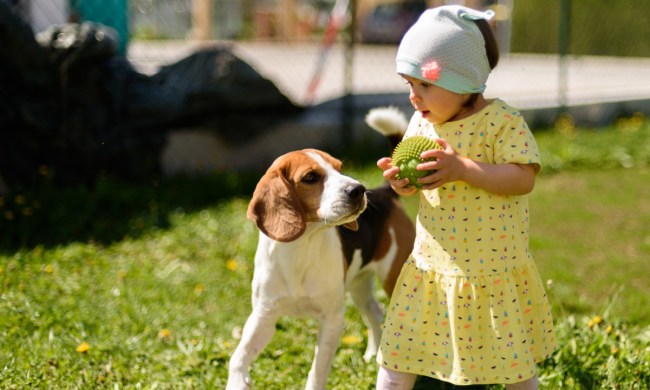While people of all ages enjoy living with dogs, animal companionship provides a real health benefit for seniors. Studies show that living with dogs helps lower blood pressure and provides better overall physical and mental health. Dogs provide unconditional love and a sense of purpose for older adults. Walking a dog encourages seniors to stay physically active while also connecting them to other people in the community. Like anyone planning to welcome a dog into the family, seniors need to consider their living space, lifestyle, activity level, and budget before choosing a breed.
The best dog breeds for seniors who want a low-maintenance pet
We all age differently, and many active retirees may opt for a larger, high-energy dog, but smaller, low-maintenance dog breeds are typically a popular option among seniors. It’s important to remember that all dogs require adequate exercise, good nutrition, annual health checkups, and grooming. That said, some breeds will require less of your time and energy than others.
Cavalier King Charles spaniels
Temperament: According to the Cavalier King Charles Spaniel Club, retirees and empty nesters are attracted to this breed because of their sweet-natured temperament, small size, and easy maintenance. A favorite of British aristocrats, this breed is athletic enough to enjoy a neighborhood walk while also happy to curl up on a warm lap for an afternoon nap.
Training: Cavaliers are intelligent dogs who are eager to please, which makes them easy to train.
Grooming: These spaniels have stunning silky coats that can be maintained by brushing and combing thoroughly at least once a week. They require only an occasional bath as too much bathing dries out their skin and hair.

Chihuahua
Temperament: The American Kennel Club (AKC) describes the Chihuahua as a loyal and charming breed with a big-dog attitude. This tiny breed is full of spunk and personality. Their size makes them easy to walk and perfect for seniors living in small spaces. Chihuahuas don’t like cold weather and need a winter wardrobe. Like many seniors, they’ll be happy to relocate to warmer climates in the winter.
Training: Chihuahuas are just as capable of learning commands and tricks as big dogs are, say experts at the Chihuahua Club of America (CCA). They can have a stubborn streak, and behavioral issues often happen when owners don’t follow through with training. These little dogs respond best to positive-motivation training techniques.
Grooming: Whether you choose a smooth-coated or long-haired Chihuahua, grooming isn’t challenging, according to the CCA. The long-haired will require more frequent brushing, but this isn’t a huge investment of time due to the small size. Chihuahua’s nails should be clipped or filed regularly.
West Highland terrier
Temperament: Add this dog to your family, and you’ll have a smart, confident companion that the AKC describes as loyal, happy, and entertaining. West Highland terriers, commonly referred to as Westies, require moderate exercise, so a short walk morning and evening would work well. They are sociable dogs happy to hang out with people of all ages. This is a real plus for retirees who spend a lot of time with their grandchildren. Westies aren’t typically lapdogs, but they are happy to curl up beside their owners on the couch. They make great watchdogs, which is comforting for seniors living alone.
Training: Westies are people pleasers, according to the West Highland Terrier Club of America. They respond well to lots of encouragement, praise, and rewards such as treats or play.
Grooming: Westies are low shedders with a coat that’s easy to groom and requires only regular brushing. If their coat isn’t clipped, it will need to be stripped twice a year to remove the dead hair. This job is best handled by a groomer.

Pembroke Welsh corgi
If you’re a follower of the British royal family, you’ll recognize corgis as Queen Elizabeth’s loyal companions. A member of the herding group, these dogs do require daily exercise. They’re happy to go for a long walk around the neighborhood or tag along on several shorter walks throughout the day.
Temperament: Pembroke Welsh corgis are fun, friendly, and devoted companions. They make good watchdogs, but excessive barking can be an issue for some corgis. This behavior can be managed with proper training.
Training: While Welsh corgis have an independent streak, they are intelligent and respond well to training, say AKC breed experts. Positive-motivation training is the way to go with this sensitive breed.
Grooming: Corgis have a thick coat and they do shed quite a bit. This can be controlled by daily brushing to remove the loose hair.
Once you decide on the best breed for you, the AKC offers a list of breed clubs where you can find a reputable breeder as well as more than 450 breed rescue groups. Also, by searching for your breed or breed mix on petfinder.com, you might be lucky enough to find a loving dog waiting for a forever home at a shelter near you.



